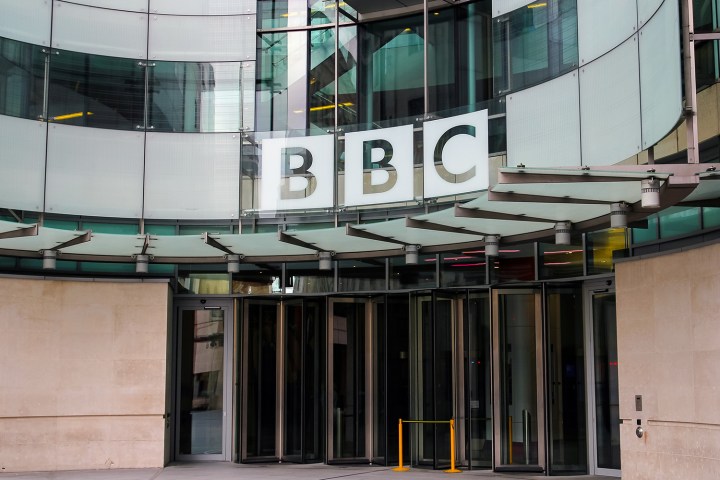
Plenty of British shows have made their way across the pond to massive success — think: Downton Abbey, Sherlock and the BBC’s own Doctor Who — so it seems reasonable to try to tap into the American market. However, those shows are already locked down in a deal with BBC America, and may not offered as part of the new service. As Lord Hall pointed out, U.S. subscribers would instead be given access to a vast array of shows that otherwise would be unavailable to them, though it’s still not clear what titles the service will offer.
The goal for BBC Worldwide, the commercial subsidiary of the BBC, is to increase returns over the next five years by 15 percent ($1.86 billion) compared to the previous five years. The streaming service fits into this plan by increasing the audience for the broadcaster’s shows. As Lord Hall shared, the BBC hopes to take advantage of “the demand for British programming and new digital opportunities.” On top of that, the service will have the added benefit of “showcasing British actors” and culture, to make an even bigger impact in Hollywood, and beyond.
Lord Hall also shared plans for BBC Studios to produce shows for other broadcasters, provided the company gets regulatory approval. According to Hall, this would “find and nurture the next generation of British on-screen and back-stage talent in drama, comedy, science, natural history and more.” At the same time, more external companies may be able to make shows for the BBC, as the company plans to do away with its 50 percent guarantee to in-house producers.
Also during his speech, Lord Hall clarified that the company does not plan to sell BBC Worldwide; the arm of the famed broadcaster made $350 million in profits last year, a large portion of which came from a deal with AMC Networks that gave the American company a 49.9 percent stake in BBC America for shows like the aforementioned Sherlock, and Dr. Who. It will, however, pursue international media partnerships.
Interestingly, BBC Worldwide has also already signed a deal to launch a BBC Earth channel in India, so between that and the U.S. streaming service, it’s looking a little like the British Invasion all over agin — only this time, it’s TV.
Editors' Recommendations
- The 10 most popular streaming services, ranked by subscriber count
- The 10 most popular shows on Max right now
- The upcoming sports streaming service is a textbook case of a ‘trollout’
- The streaming services will continue to nickel-and-dime us all — because they can
- A new streaming sports paradigm doesn’t change what’s most important


